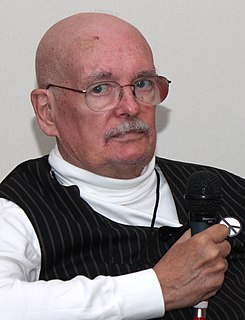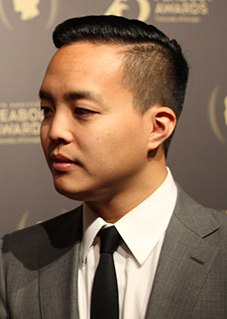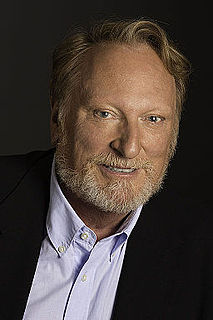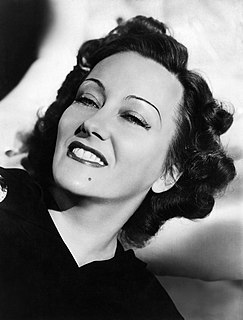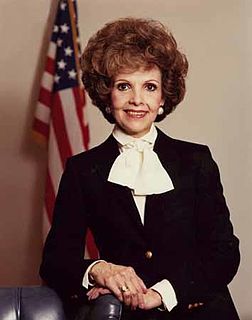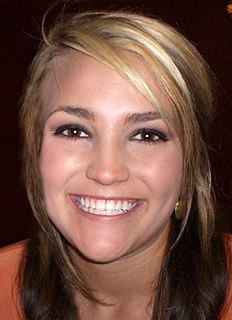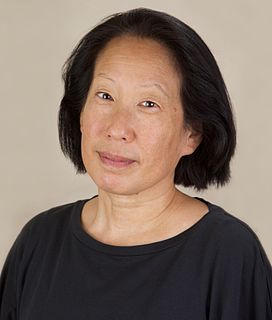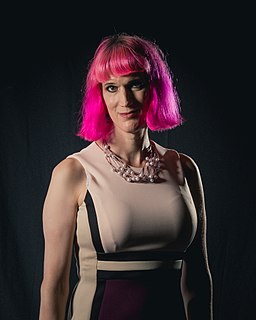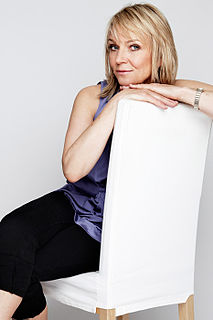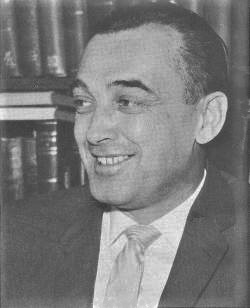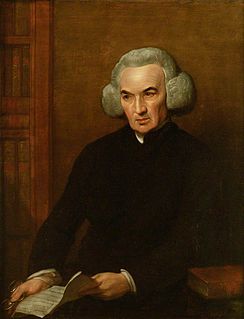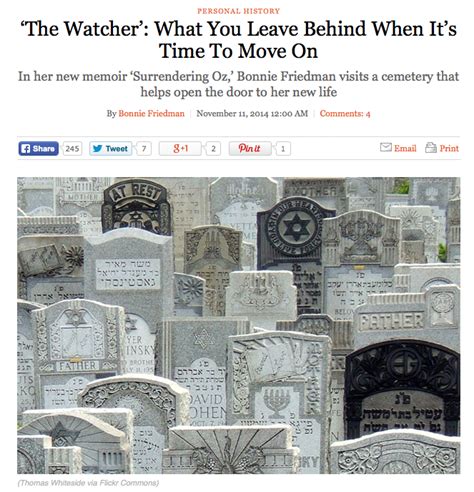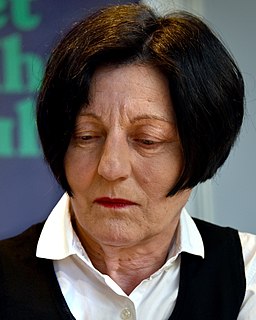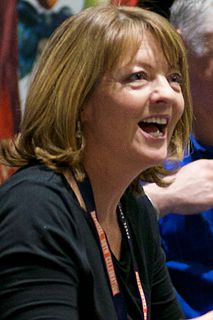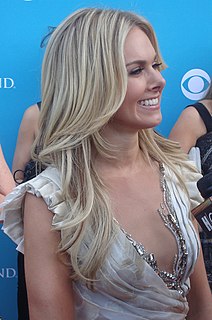Top 1200 Story Writing Quotes & Sayings - Page 14
Explore popular Story Writing quotes.
Last updated on October 16, 2024.
When I pray the Lord's Prayer, I begin with the first word, "Our. . ." (see Matthew 6:9) and I stop and ask myself, "Who do I include in this Our?" I remind myself that the story of God is bigger than my personal story, bigger than the story of my religion, bigger than the story of all humanity, and bigger than the story of all creation. In the kingdom of God, these four stories are all really my stories - all at the same time - woven together, giving meaning and life to each other.
For better or worse, I seem to gravitate toward writing about something or someone else, then have my own self shove its way into that story. It seems insanely narcissistic. But I also think there's a particular effect that comes from using my autobiography in service to another story, as opposed to being the subject. I'm much more comfortable working in that mode. And I do think I have a persona or mood that I keep coming back to: self-conscious, self-critical, unsure. I write a lot about bodies, particularly male ones, usually as a point of emphasis for my insecurities about my own.
If your subject is crime, then you know at least that you're going to have a real story. If your subject is the maturing of a college boy, you may never stumble across a story while you're telling that. But if your story is a college boy dead in his dorm room, you know there's a story in there, someplace.
When I used to teach writing, what I would tell my playwriting students is that while you're writing your plays, you're also writing the playwright. You're developing yourself as a persona, as a public persona. It's going to be partly exposed through the writing itself and partly created by all the paraphernalia that attaches itself to writing. But you aren't simply an invisible being or your own private being at work. You're kind of a public figure, as well.
People who write for reward by way of recognition or monetary gain don't know what they're doing. They're in the category of those who write; they are not writers. Writing is simply something you must do. It's rather like virtue in that it is its own reward. Writing is selfish and contradictory in its terms. First of all, you're writing for an audience of one, you must please the one person you're writing for. Yourself.
Writing helped to have jobs that involved running around, pushing things like dish carts and wheelbarrows. It would be hard to sit at a desk all day, and then come to sit at another desk. Also, it helps to abandon hope. If I sit at my computer, determined to write a New Yorker story I won't get beyond the first sentence. It's better to put no pressure on it. What would happen if I followed the previous sentence with this one, I'll think. If the eighth draft is torture, the first should be fun. At least if you're writing humor.
Writing fiction, for me, is a more indirect form of self-exploration than writing verse. When I'm working on a novel I'm moving characters around and I'm thinking about plot and there's a lot of other things going on at the level of structure and story. With a poem, a single idea or line or emotion can sometimes be enough - there's often a sense, in the best poems, of capturing a single instant. Perhaps poems differ from prose in the degree of solace they can offer - by speaking so personally, so directly, about shared experience. A few lines of poetry can provide comfort.
The best time to tell your story is when you have to tell your story. When it's not really a choice. But then, when you get that first, messy, complicated version down, you have to read it over and be very tough on yourself and ask, 'Well what's the story here?' If you're lucky enough to have someone you trust looking over your shoulder, he or she can help you if [you] lack perspective on your own story.
